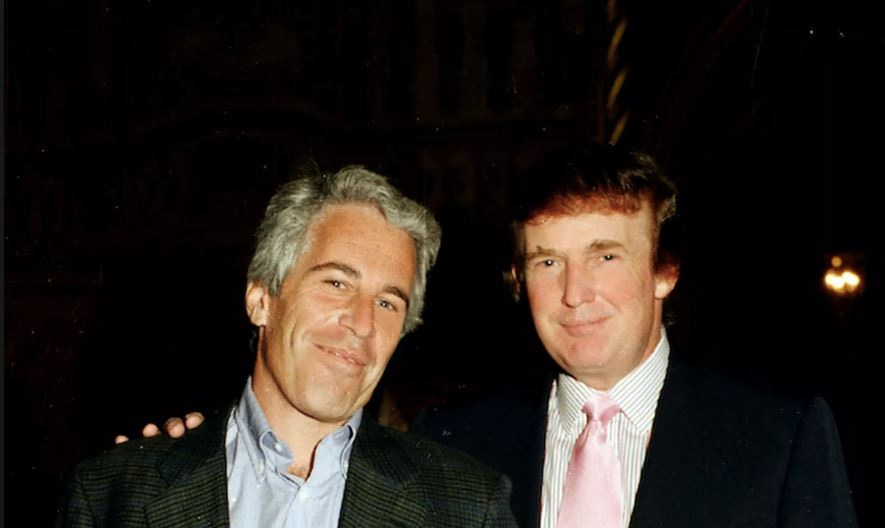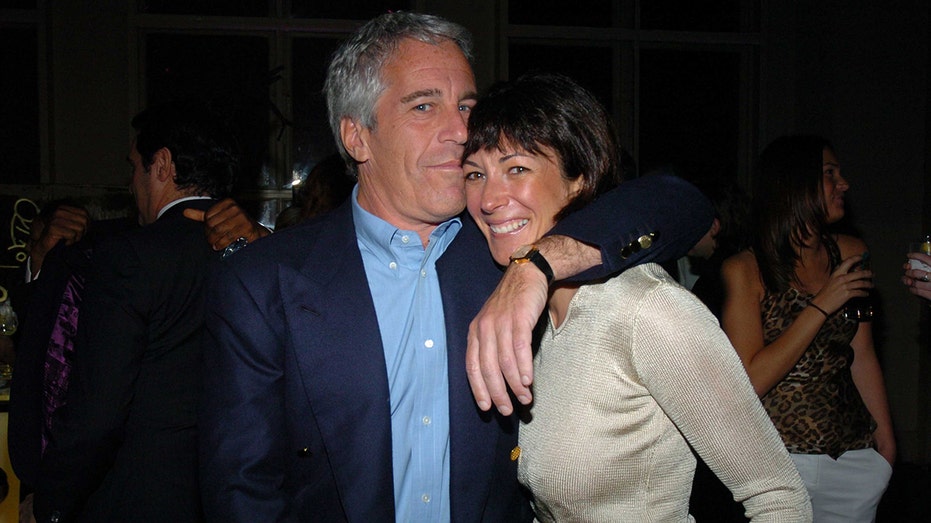A tremor of discontent is running through the Labour party. Whispers, once confined to back corridors, are now echoing publicly: is Keir Starmer’s leadership nearing its end? The question isn’t simply about dissatisfaction, but about who might step into the void should a challenge materialize.
Fueling the speculation are reports of internal maneuvering, with Health Secretary Wes Streeting’s name repeatedly surfacing as a potential contender. Downing Street, according to sources, was allegedly preparing a defense against a possible coup, a claim Streeting vehemently denied, dismissing it as a particularly harsh blow – “the worst attack on a faithful since Joe Marler was banished from the Traitors final.”
But the denial hasn’t silenced the debate. The possibility of a leadership contest has prompted a close examination of those who might throw their hats into the ring. The stakes are immense – not just for the Labour party, but for the nation.

Currently, Wes Streeting leads the pack. His background – a council estate upbringing and being the first in his family to attend university, funded by retail work – resonates with a desire for a leader who understands everyday struggles. He’s swiftly risen through the ranks, holding key Shadow positions before securing the Health Secretary role and recently overseeing a significant NHS restructuring.
Shabana Mahmood, the current Home Secretary, is also a prominent figure in the discussions. Her extensive experience in Shadow Cabinet roles, coupled with her recent involvement in shaping protest legislation, positions her as a serious potential successor. She represents a different path for the party, one forged through years of dedicated service.
Angela Rayner, despite recently resigning from key positions, remains a powerful force within Labour. Though she may not launch a direct bid, her influence could be pivotal in determining who does. Her understanding of the party’s inner workings and broad base of support cannot be ignored.

A familiar name also enters the conversation: Ed Miliband. The former Labour leader, now Energy Secretary, could see an opportunity to reclaim the mantle. While a solo challenge seems unlikely, he could become a kingmaker, lending his support to another candidate.
Then there’s Andy Burnham, the Mayor of Greater Manchester. A seasoned politician with a strong public profile, Burnham is a popular figure, consistently ranking high in public opinion polls. However, a return to Westminster would require him to relinquish his mayoral position, a step he has repeatedly ruled out.
The pressure on Starmer is undeniable. Recent polls reveal a concerning trend: a staggering 73% disapproval rating. This widespread dissatisfaction has emboldened those questioning his leadership and fueled the speculation surrounding potential replacements.

Under Labour’s rules, a leadership challenge requires the support of 20% of its MPs – 81 members in the current House of Commons. While a vote of no confidence initiated by the opposition could also trigger a change, the immediate threat lies within the party itself. The upcoming local and devolved elections in May could prove to be a critical turning point.
The coming months will be a period of intense scrutiny and political maneuvering. The future of the Labour party, and potentially the country, hangs in the balance, dependent on the decisions of a relatively small group of individuals.






